

World Economic Forum's Youth Pulse 2026 surveys 4,574 young people, highlighting priorities: inequality, jobs, climate, AI, and demand for youth inclusion in governance.

Rice–fish integration in Kebbi State increases smallholder profitability, dietary diversity, and resilience, showing scalable benefits for rural incomes, nutrition, and climate adaptation.

Nigeria is prioritising climate finance, energy-transition reforms, and corporate accountability to manage climate risks, attract investment, and support resilience.

World Economic Forum finds modest recovery in global energy transition, but rising emissions and large financing gaps leave progress fragile, especially in developing regions.

Africa added just 13GW in 2024, but abundant resources and rising demand make it a high-return frontier requiring finance, grids, and policy.
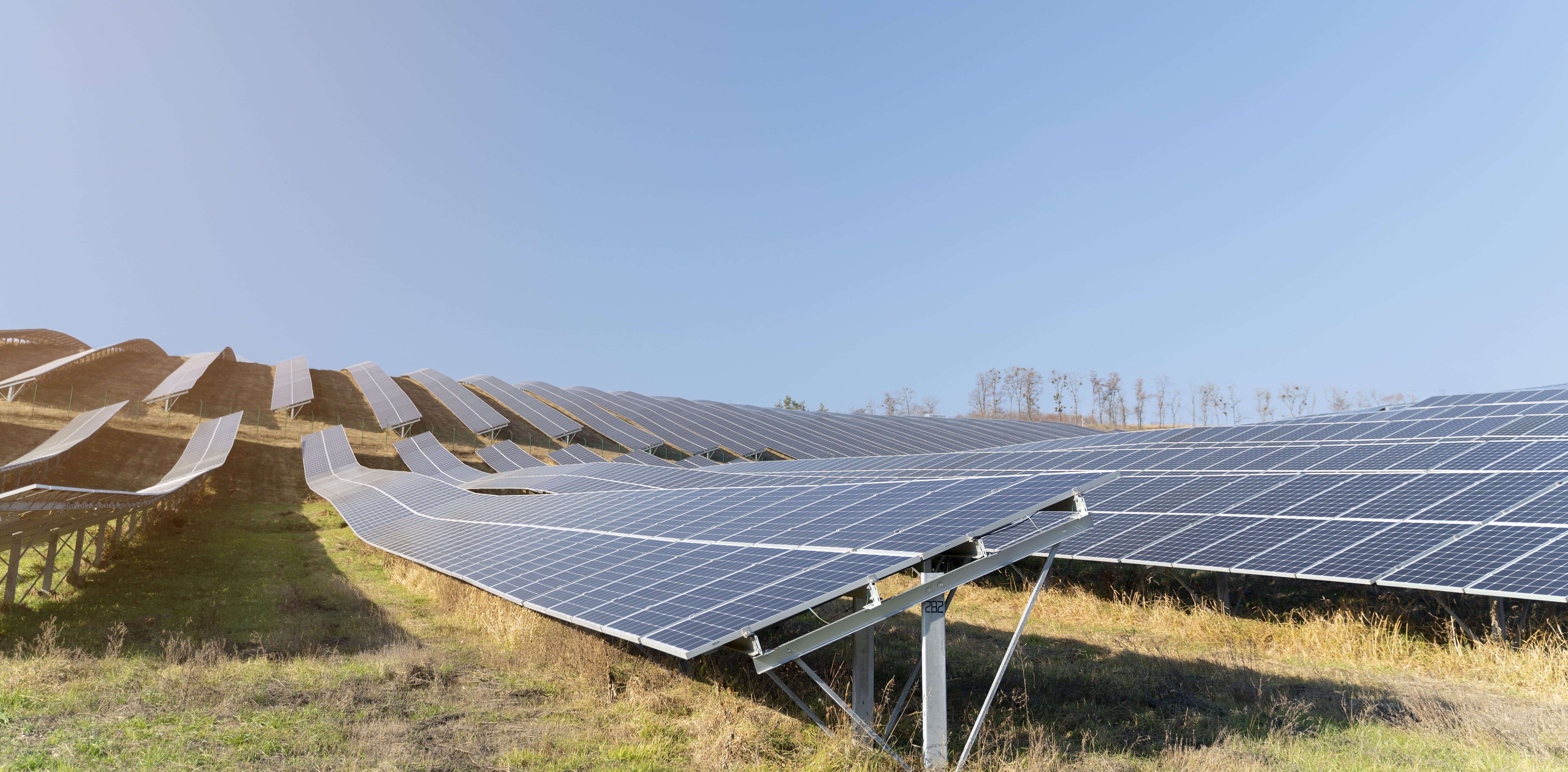
Nigeria's oil and gas companies are improving governance disclosures through sustainability reporting, while environmental reporting and investment remain limited, risking capital access.

91% of global market capitalisation discloses sustainability data, yet scope 3, assurance, and regional disclosure quality remain uneven and fragmented.
A panel in Lagos reframed 'soft life' as intentional balance, urging men to prioritise wellbeing, systems and financial discipline to reduce burnout.

Industry leaders promoted Triple G — Groom, Grow, Grind — urging men to build habits, skills and accountability amid mental-health and career challenges.

Osun State analysis shows Nigeria's SDG 11 progress stalled by weak governance, underfunding, corruption and fragmented planning, jeopardising urban services and resilience.


World Economic Forum's Youth Pulse 2026 surveys 4,574 young people, highlighting priorities: inequality, jobs, climate, AI, and demand for youth inclusion in governance.

Rice–fish integration in Kebbi State increases smallholder profitability, dietary diversity, and resilience, showing scalable benefits for rural incomes, nutrition, and climate adaptation.

Nigeria is prioritising climate finance, energy-transition reforms, and corporate accountability to manage climate risks, attract investment, and support resilience.

Nigeria's climate finance flows increased to $2.5bn, yet an annual $27bn gap exists as debt service consumes over 80% of federal revenues.

World Economic Forum finds modest recovery in global energy transition, but rising emissions and large financing gaps leave progress fragile, especially in developing regions.
91% of global market capitalisation discloses sustainability data, yet scope 3, assurance, and regional disclosure quality remain uneven and fragmented.

A panel in Lagos reframed 'soft life' as intentional balance, urging men to prioritise wellbeing, systems and financial discipline to reduce burnout.

Industry leaders promoted Triple G — Groom, Grow, Grind — urging men to build habits, skills and accountability amid mental-health and career challenges.

Osun State analysis shows Nigeria's SDG 11 progress stalled by weak governance, underfunding, corruption and fragmented planning, jeopardising urban services and resilience.
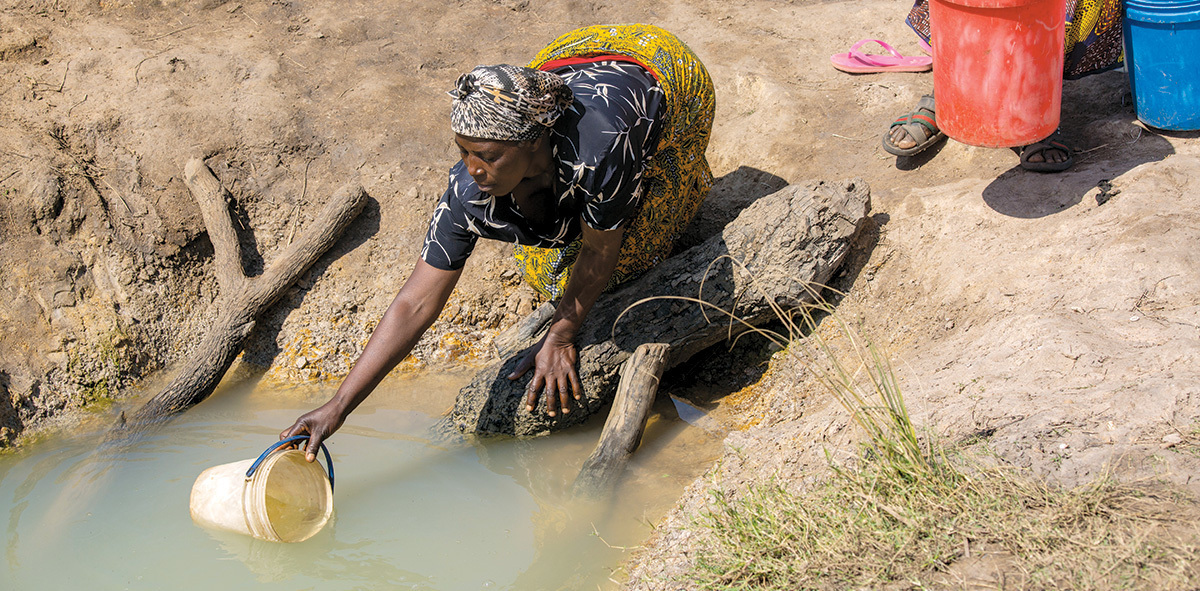
African women build community monitoring, legal challenges and gender‑transformative finance demands to reclaim data, accountability and reshape climate finance governance.

African firms are correcting common ESG errors—weak data, sidelined social issues, and limited board oversight—to convert compliance into measurable business value.
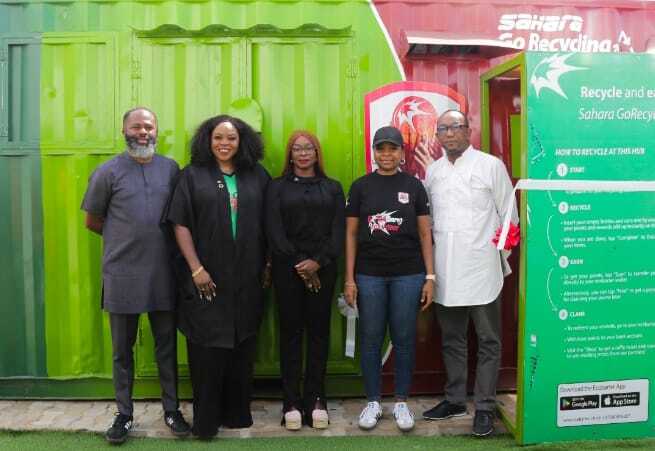
Sahara Group Foundation opened a solar-powered Go-Recycling Hub in Lekki, using reverse vending and digital payouts to boost recycling and livelihoods.

World Economic Forum's Youth Pulse 2026 surveys 4,574 young people, highlighting priorities: inequality, jobs, climate, AI, and demand for youth inclusion in governance.

Rice–fish integration in Kebbi State increases smallholder profitability, dietary diversity, and resilience, showing scalable benefits for rural incomes, nutrition, and climate adaptation.

Nigeria is prioritising climate finance, energy-transition reforms, and corporate accountability to manage climate risks, attract investment, and support resilience.

Nigeria's climate finance flows increased to $2.5bn, yet an annual $27bn gap exists as debt service consumes over 80% of federal revenues.

World Economic Forum finds modest recovery in global energy transition, but rising emissions and large financing gaps leave progress fragile, especially in developing regions.
91% of global market capitalisation discloses sustainability data, yet scope 3, assurance, and regional disclosure quality remain uneven and fragmented.

A panel in Lagos reframed 'soft life' as intentional balance, urging men to prioritise wellbeing, systems and financial discipline to reduce burnout.

Industry leaders promoted Triple G — Groom, Grow, Grind — urging men to build habits, skills and accountability amid mental-health and career challenges.

Osun State analysis shows Nigeria's SDG 11 progress stalled by weak governance, underfunding, corruption and fragmented planning, jeopardising urban services and resilience.

African women build community monitoring, legal challenges and gender‑transformative finance demands to reclaim data, accountability and reshape climate finance governance.

African firms are correcting common ESG errors—weak data, sidelined social issues, and limited board oversight—to convert compliance into measurable business value.

Sahara Group Foundation opened a solar-powered Go-Recycling Hub in Lekki, using reverse vending and digital payouts to boost recycling and livelihoods.
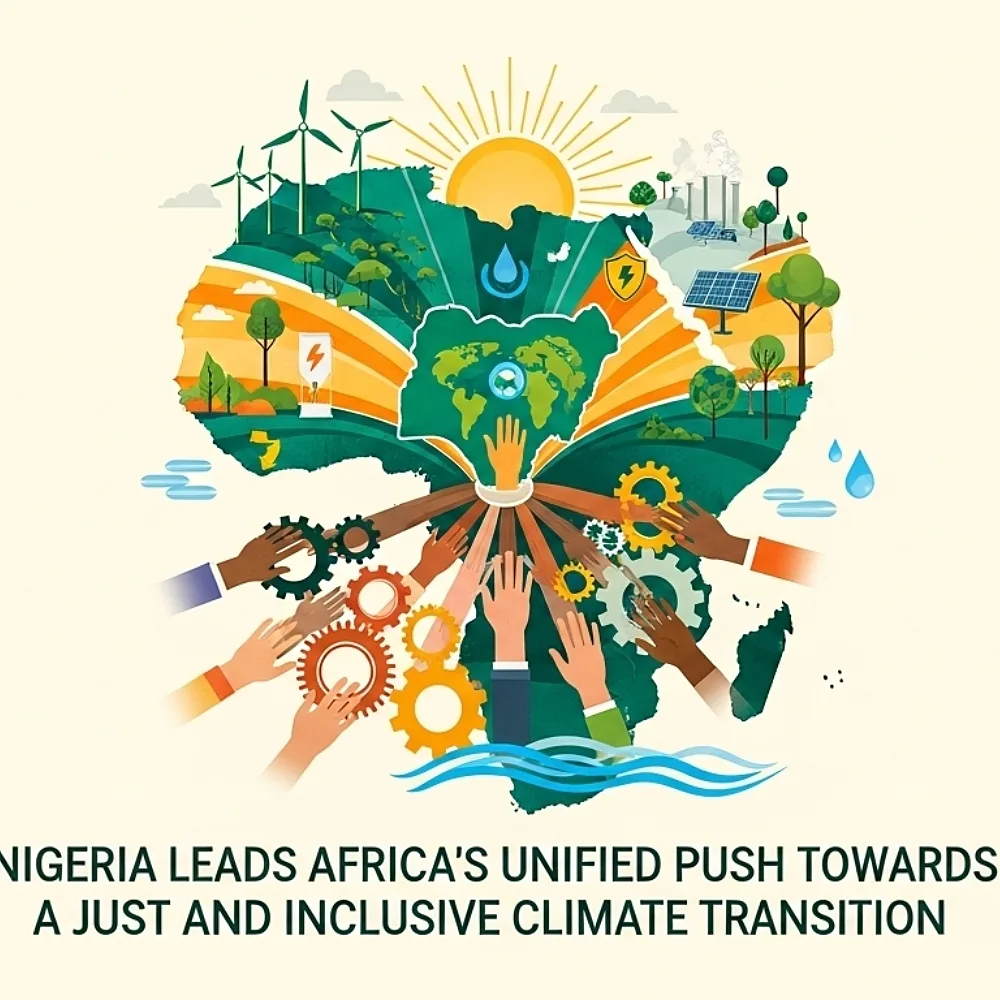
Cold chain systems are not simply a technical fix. They are a lifeline for food security, public health, and climate resilience.


ESG is more than compliance. It’s a lens for evaluating progress, risk, opportunity and most critically, legitimacy. We created SSAL with a clear conviction: Africa’s sustainable future must be told by Africans - authentically, accurately, and ambitiously.
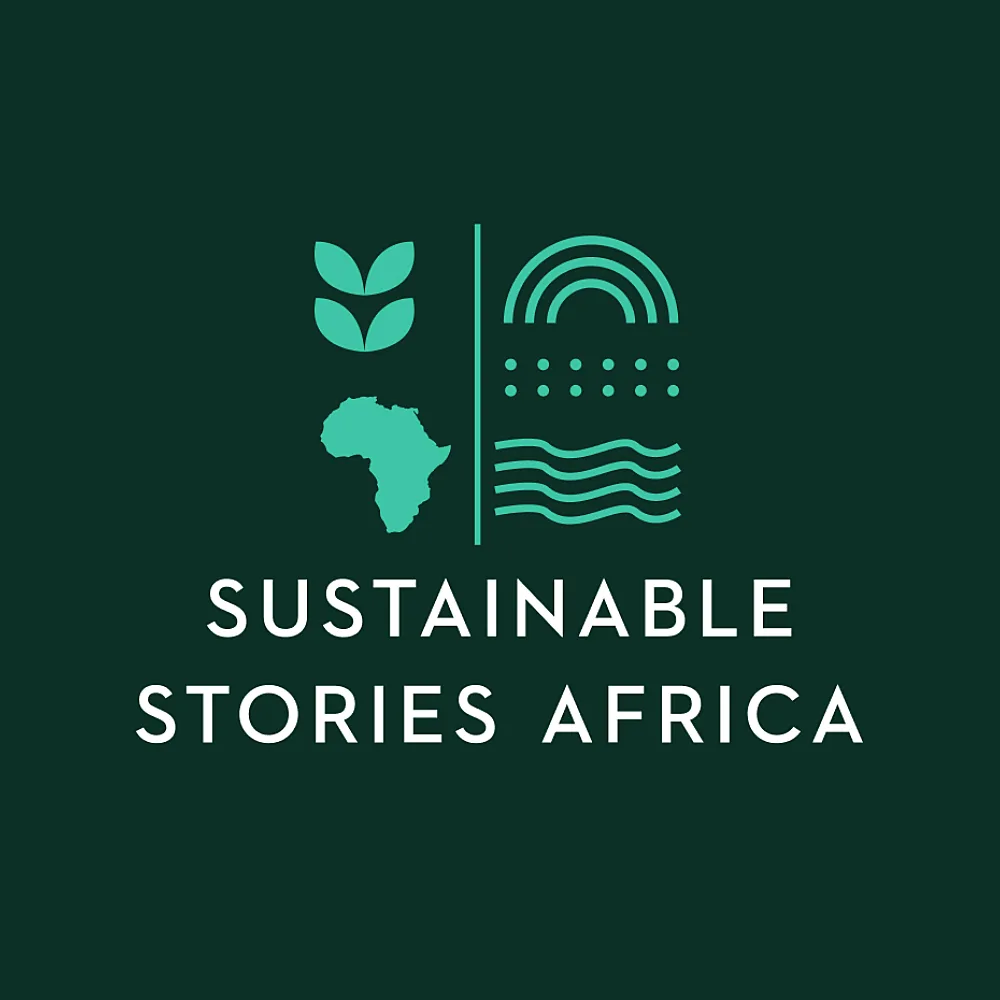


Nigeria's shift to compressed natural gas requires strict safety standards, inspections and enforcement to secure public trust and sustain economic, environmental and energy-security gains.
by Sustainable Stories Africa
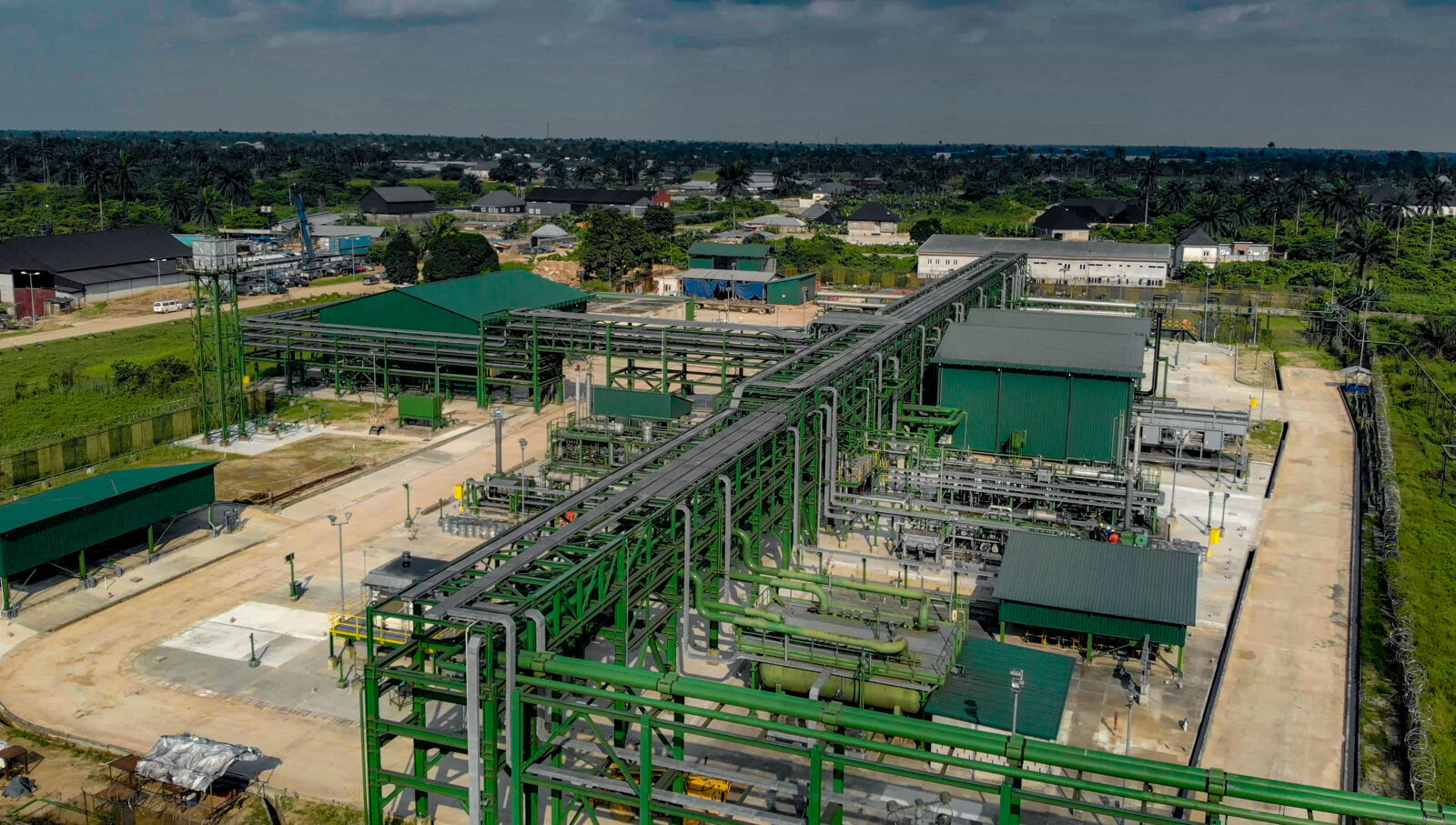
A $3.5m rigless recompletion at Agbada‑67 doubled OML 17 gas output, stabilising eastern power generation and demonstrating scalable brownfield gains.
by Sustainable Stories Africa
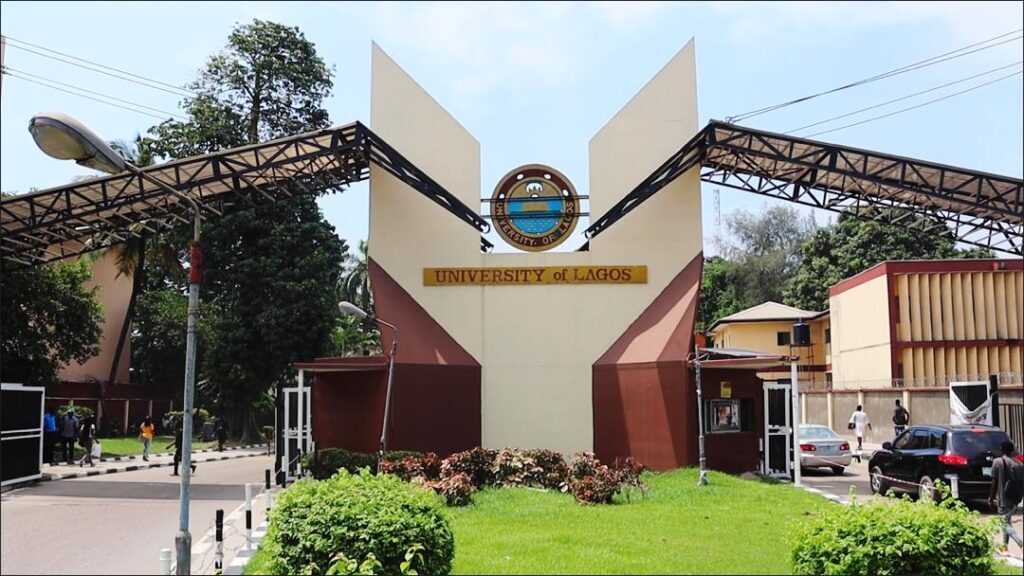
University of Lagos aligns research, operations and community programmes with the UN 2030 Agenda, deploying solar EVs, telemedicine and innovation-to-market initiatives advancing SDG integration.
by Sustainable Stories Africa
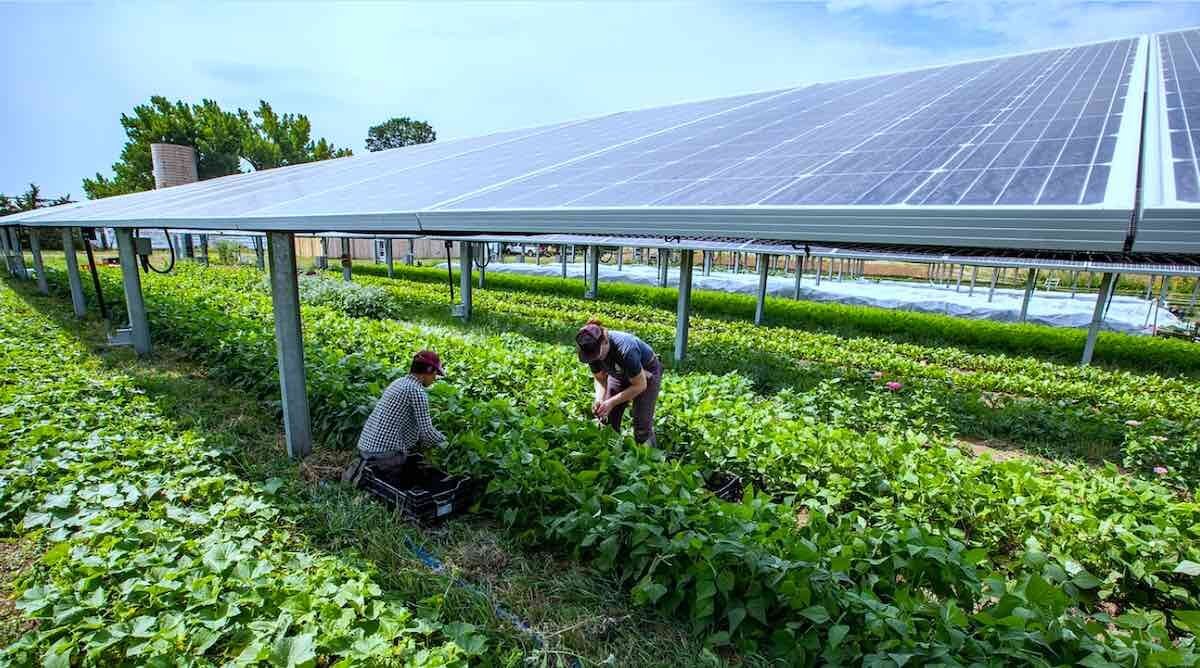
Africa's solar expansion accelerates, raising concerns about land use, biodiversity, water and community impacts without sustainable planning.
by Sustainable Stories Africa

African private capital firms report women are 44% of staff and 38% of investment professionals, yet women hold fewer senior decision-making roles.
by Sustainable Stories Africa

IRENA warns grids need up to tenfold more flexibility by 2050; Africa must prioritise storage, interconnection and demand response to secure low-carbon power.
by Sustainable Stories Africa

Nigeria’s financial sector is reinventing itself through climate-smart strategies, data-driven innovation, and tech-enabled investments, as leaders from Stanbic IBTC and KPMG push banks and advisory firms to transform risk into resilience while creating sustainable value for society.

Across Africa, football derbies are more than games—they drive local economies, unite communities, and shape urban culture. From Lagos to Soweto, their impact is clear, but their full potential remains untapped. With smart investment and planning, these passionate events can fuel sustainable growth across the continent.
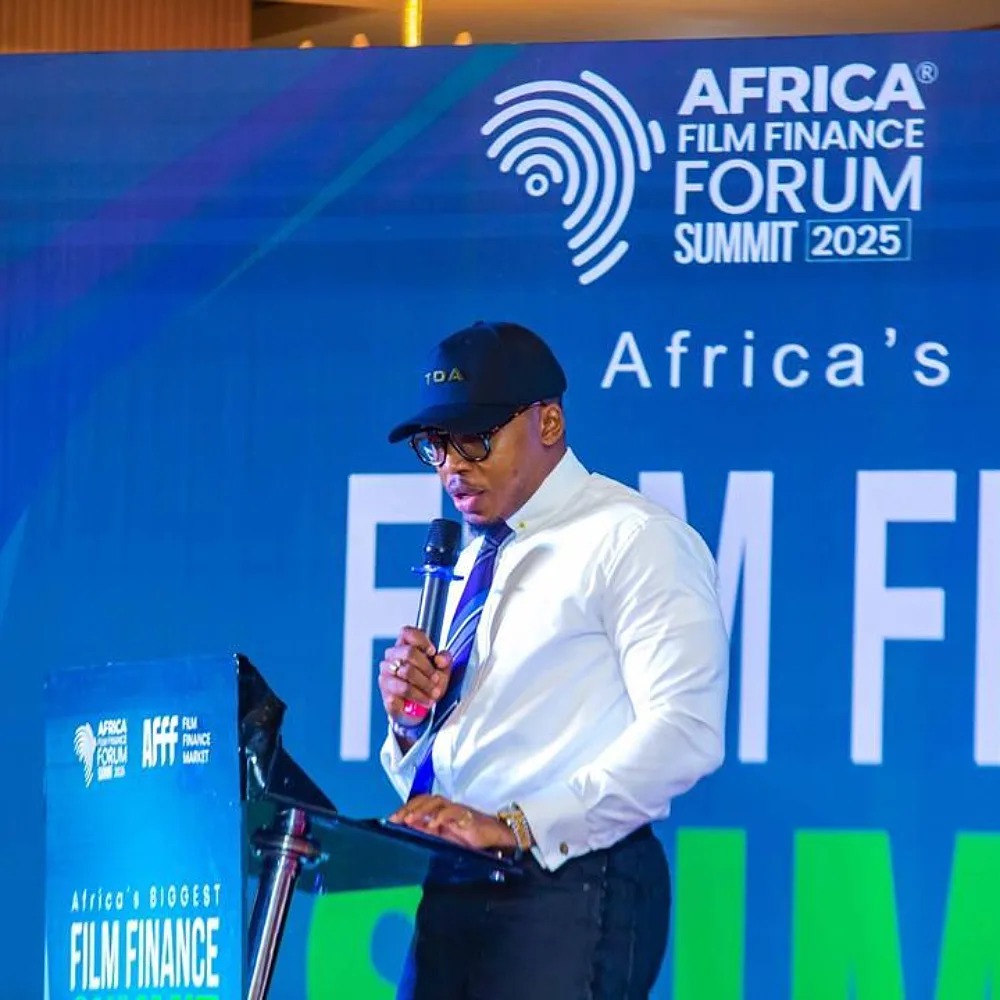
At the ABC Health session of the Africa Film Finance Forum, Omobolanle Victor-Laniyan and Dr. Chinonso Egemba showed how African cinema can move beyond awareness to mobilise private capital, reshape healthcare, and turn stories into investable solutions

Across Africa, football derbies are more than games—they drive local economies, unite communities, and shape urban culture. From Lagos to Soweto, their impact is clear, but their full potential remains untapped. With smart investment and planning, these passionate events can fuel sustainable growth across the continent.

Across Africa, football derbies are more than games—they drive local economies, unite communities, and shape urban culture. From Lagos to Soweto, their impact is clear, but their full potential remains untapped. With smart investment and planning, these passionate events can fuel sustainable growth across the continent.
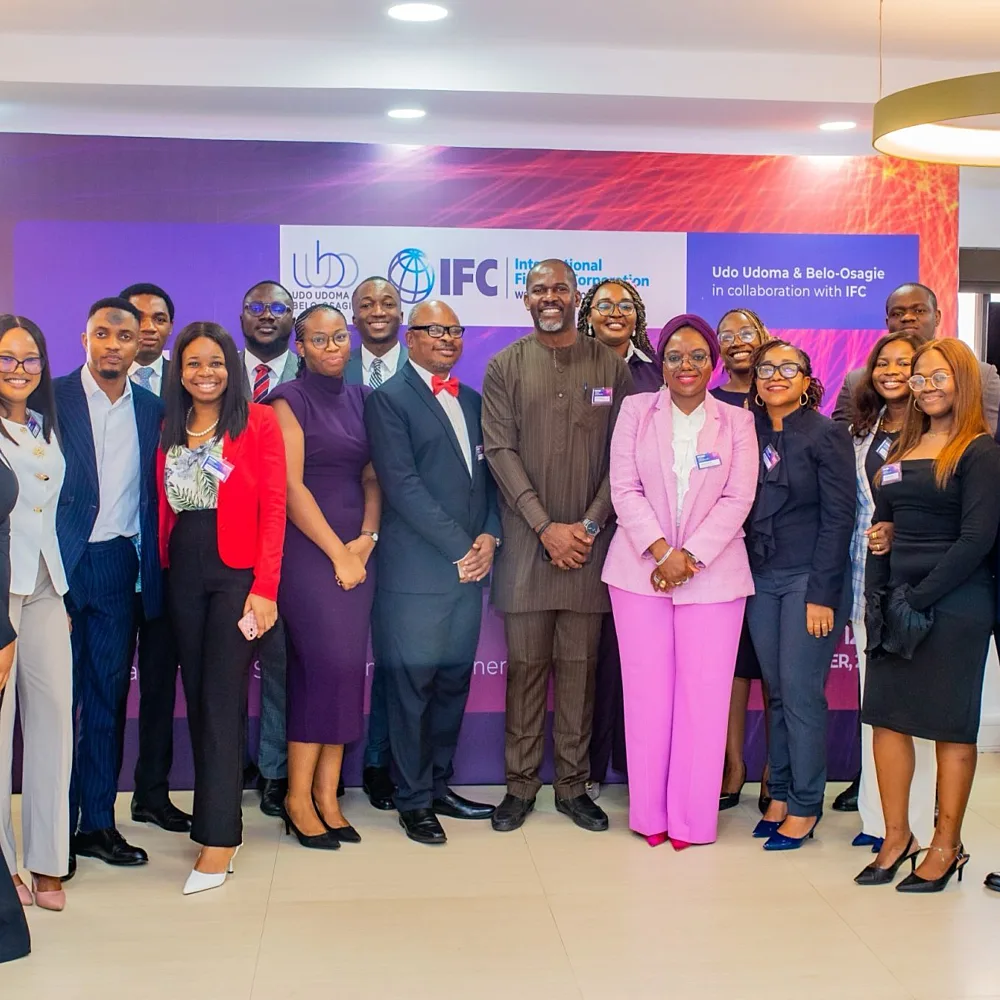
At UUBO’s Energy & Infrastructure Breakfast Session 2.0, sector leaders outlined how disciplined governance, local-currency finance, and scalable structures can unlock bankable renewable projects to power Nigeria’s clean energy future.
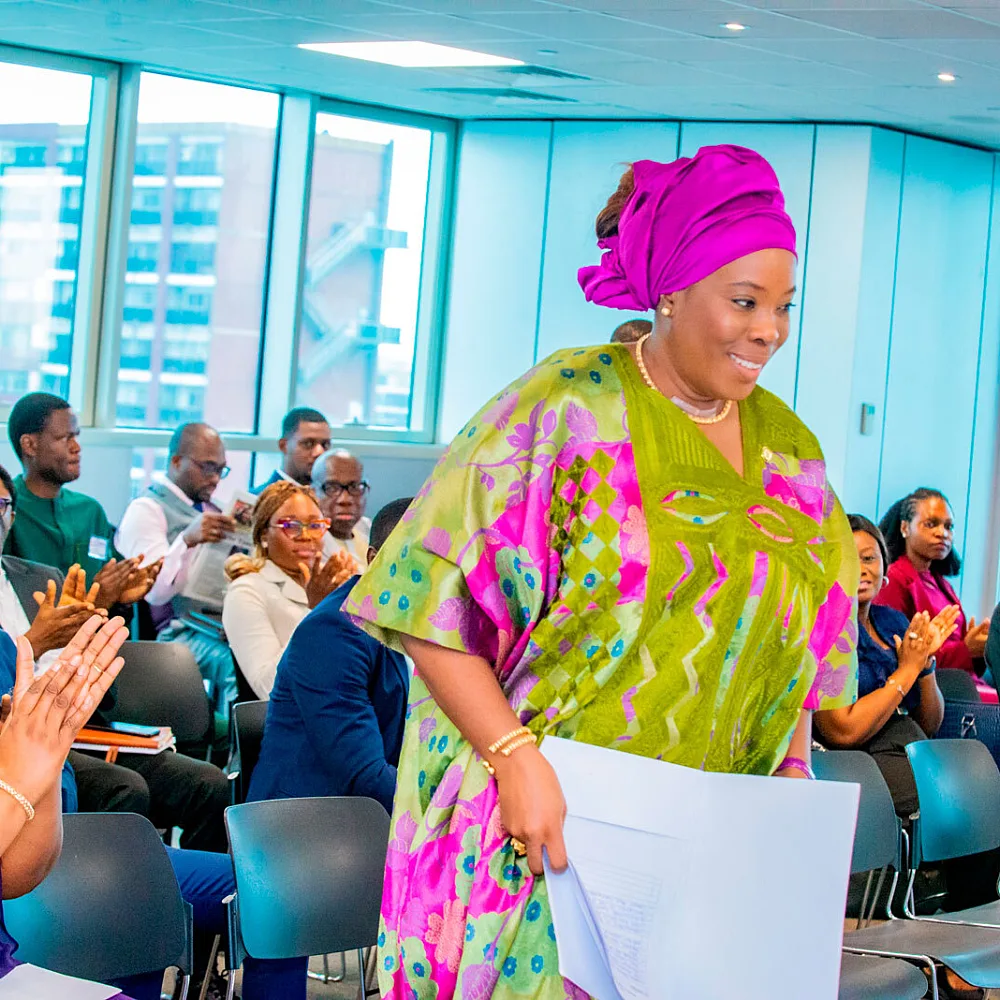
At UUBO ICE 2025, experts urged Nigerian firms to craft authentic, locally grounded ESG frameworks—focusing on proportionality, governance, and practical data—rather than copying foreign templates, to build resilience and credibility.

At UUBO ICE 2025, experts urged Nigerian firms to craft authentic, locally grounded ESG frameworks—focusing on proportionality, governance, and practical data—rather than copying foreign templates, to build resilience and credibility.

At UUBO ICE 2025, experts urged Nigerian firms to craft authentic, locally grounded ESG frameworks—focusing on proportionality, governance, and practical data—rather than copying foreign templates, to build resilience and credibility.

At UUBO’s Energy & Infrastructure Breakfast Session 2.0, sector leaders outlined how disciplined governance, local-currency finance, and scalable structures can unlock bankable renewable projects to power Nigeria’s clean energy future.

Forbes has named Damilola Ogunbiyi, CEO of SEforALL and UN Special Representative, to its 2025 Sustainability Leaders list, recognising her global impact in advancing energy access, climate action, and equitable development.

At UUBO ICE 2025, experts urged Nigerian firms to craft authentic, locally grounded ESG frameworks—focusing on proportionality, governance, and practical data—rather than copying foreign templates, to build resilience and credibility.

At the ABC Health session of the Africa Film Finance Forum, Omobolanle Victor-Laniyan and Dr. Chinonso Egemba showed how African cinema can move beyond awareness to mobilise private capital, reshape healthcare, and turn stories into investable solutions

At the ABC Health session of the Africa Film Finance Forum, Omobolanle Victor-Laniyan and Dr. Chinonso Egemba showed how African cinema can move beyond awareness to mobilise private capital, reshape healthcare, and turn stories into investable solutions

At the ABC Health session of the Africa Film Finance Forum, Omobolanle Victor-Laniyan and Dr. Chinonso Egemba showed how African cinema can move beyond awareness to mobilise private capital, reshape healthcare, and turn stories into investable solutions

At the ABC Health session of the Africa Film Finance Forum, Omobolanle Victor-Laniyan and Dr. Chinonso Egemba showed how African cinema can move beyond awareness to mobilise private capital, reshape healthcare, and turn stories into investable solutions

Nigeria’s state-level electricity markets, enabled by the 2023 Electricity Act, are opening new frontiers for power investment—where patient capital, strong partnerships, and tailored local strategies are key to unlocking long-term opportunities.

Forbes has named Damilola Ogunbiyi, CEO of SEforALL and UN Special Representative, to its 2025 Sustainability Leaders list, recognising her global impact in advancing energy access, climate action, and equitable development.

Forbes has named Damilola Ogunbiyi, CEO of SEforALL and UN Special Representative, to its 2025 Sustainability Leaders list, recognising her global impact in advancing energy access, climate action, and equitable development.

Leaders argue that African films can turn empathy into investment by framing health care as both a market opportunity and a social imperative, mobilising private capital for long-term reform at the Africa Film Finance Forum.

Leaders argue that African films can turn empathy into investment by framing health care as both a market opportunity and a social imperative, mobilising private capital for long-term reform at the Africa Film Finance Forum.

Leaders argue that African films can turn empathy into investment by framing health care as both a market opportunity and a social imperative, mobilising private capital for long-term reform at the Africa Film Finance Forum.

Africa’s exporters face a carbon reckoning as the EU’s 2026 CBAM reforms make carbon intensity a key trade factor, pushing industries to decarbonize, adopt renewable energy, and turn climate regulation into a driver of green competitiveness and industrial transformation

Leaders argue that African films can turn empathy into investment by framing health care as both a market opportunity and a social imperative, mobilising private capital for long-term reform at the Africa Film Finance Forum.

Nigeria’s state-level electricity markets, enabled by the 2023 Electricity Act, are opening new frontiers for power investment—where patient capital, strong partnerships, and tailored local strategies are key to unlocking long-term opportunities.

Survey of 204 Nigerian professionals finds uneven sustainable finance knowledge; geography predicts literacy more than job title, threatening effective implementation.
by Sustainable Stories Africa

Nigeria's electricity system endures chronic outages despite hydrocarbon wealth, demanding strategic reforms in grid, regulation and investment to secure reliable, inclusive, climate-aligned power.

Start typing to search...